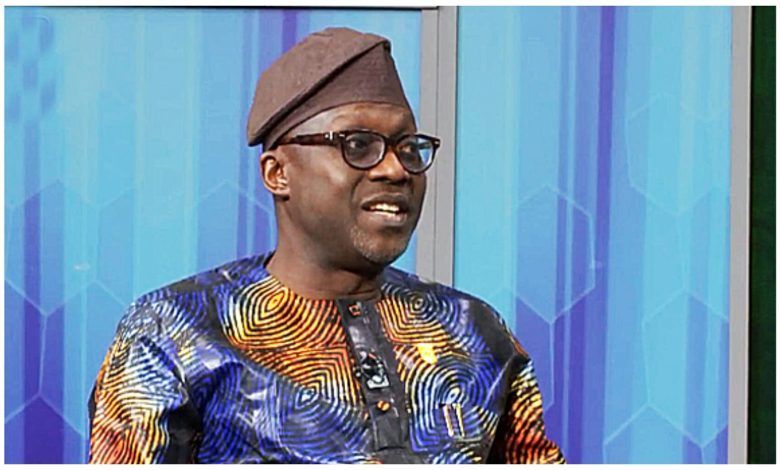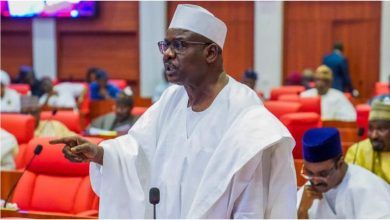
The Director-General of the Manufacturers Association of Nigeria (MAN) Segun Ajayi-Kadir, has expressed concerns about the privatization of Nigeria’s power sector, stating that it has not yielded the anticipated results. In a statement on Thursday, he addressed the frequent increases in electricity tariffs, emphasizing how these hikes are negatively impacting the manufacturing sector and hindering the nation’s overall economic growth.
Ajayi-Kadir warned that rising electricity tariffs are driving up production costs and product prices, making Nigerian products less competitive. He highlighted that energy security is essential for industrial growth, and that without adequate energy supply, Nigeria cannot expect significant industrial development.
The MAN DG argued that tariff increases would worsen inflation, raise production costs, and erode profit margins for manufacturers. He added that these issues could lead to increased unsold inventory, higher unemployment rates, and even force some businesses to shut down.
Ajayi-Kadir pointed to the privatization of the power sector in 2013, which was meant to improve energy security for industrial development. However, he criticized the sector for failing to meet its goals, citing the lack of technical and financial capacity among operators, which has hindered optimal performance.
Nigeria’s installed electricity capacity has remained at around 10,000 megawatts (MW), but the country has consistently struggled to utilize this capacity. Both generating companies (GenCos) and distribution firms (DisCos) face challenges in delivering sufficient electricity. Despite ongoing tariff increases, the quality and consistency of supply have not improved, leading to a decline in electricity supply from 5,909.83GWh in Q2 2023 to 5,612.52GWh in Q2 2024.
Ajayi-Kadir stressed that Nigeria needs more than 30,000MW of electricity to adequately meet the growing demands of businesses and households. He called on the government to assess the cost-reflective tariff model adopted by DisCos and audit their investments in distribution infrastructure to ensure that the power sector operates more efficiently and meets the needs of the country’s economy.
Ajayi-Kadir’s remarks come in the wake of a recent statement by Olu Verheijen, special adviser to President Bola Tinubu on energy, who had mentioned a potential increase in power tariffs by around 66 percent. Verheijen later clarified that her earlier comments had been misrepresented.





